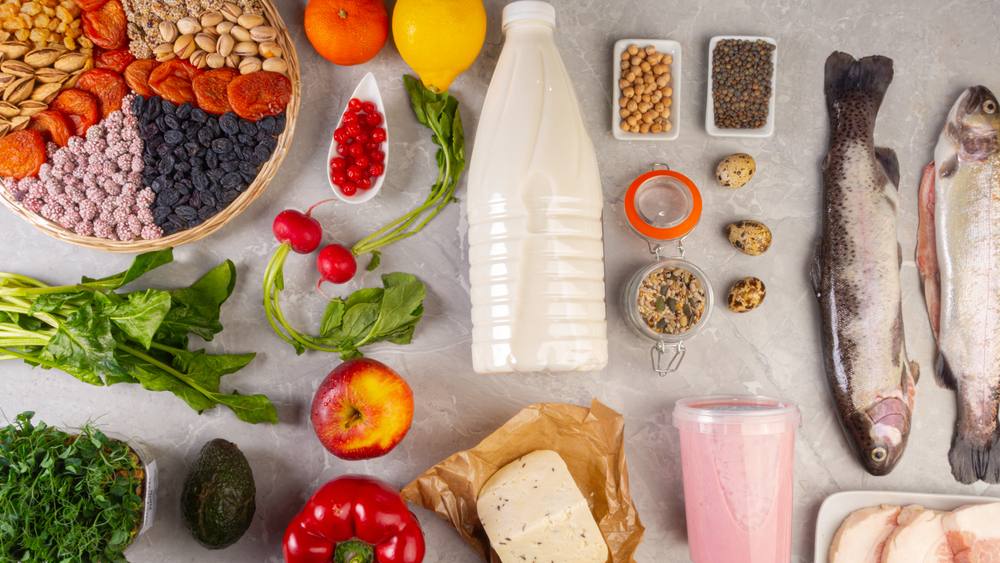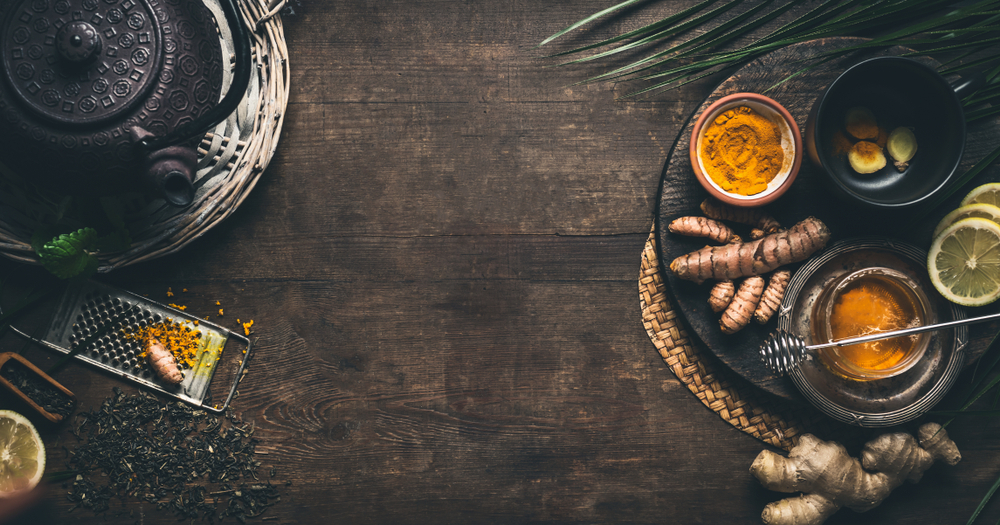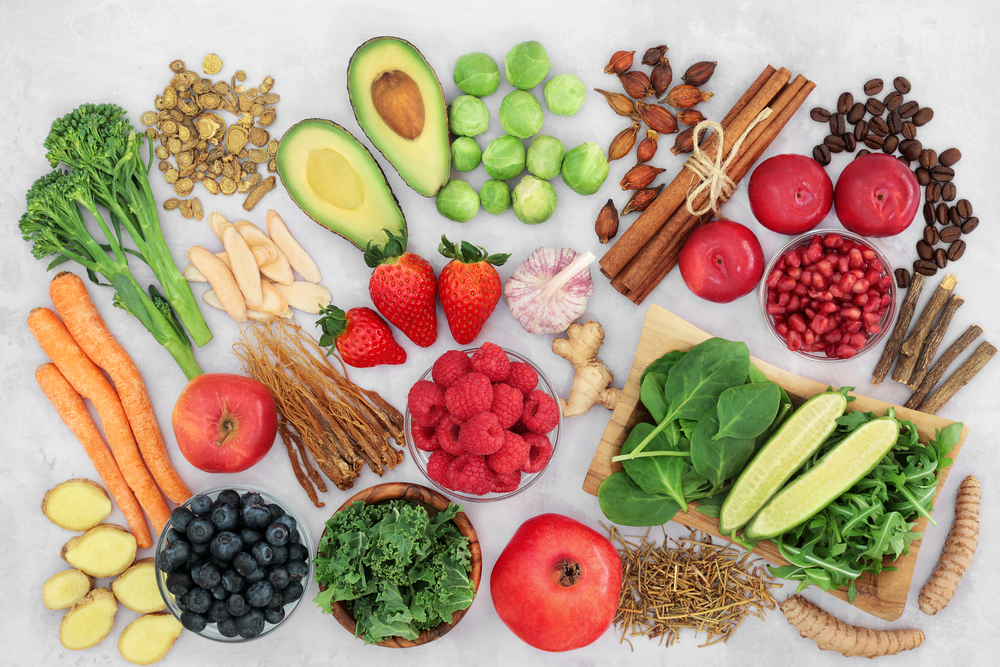Diet and Anemia Pro Advice
Diet and Anemia (Pro Advice)
Anemia is a health condition occurring in an organism when the tissues do not get enough oxygen from the erythrocytes. Because of a lack of these cells, poor shape of them, or the critical decrease of the nutrients responsible for the correct transportation of oxygen from one cell to another.
Symptoms of Anemia
These are the symptoms of anemia;
- Extreme fatigue
- General weakness
- Pale skin
- Continuous headaches
- Feeling cold
- Shaking chills
- Brittle nails (often spoon-shaped)
- Difficulty breathing during exercises
- Fainting.
Diagnosis and Treatment
There are several types and causes of anemia. Most of the time, consuming recommended amounts of iron and vitamin B complex (particularly Folic Acid-B9- and Cyanocobalamin-B12-) can reduce the impact of anemia in each person. Identifying the source is fundamental as the origin can be a deficiency or malabsorption in the intestine. The first step to rule out this condition is through a complete blood count and a blood smear; this will determine the number, size, and shape of the blood cells.
After a medical diagnosis, it is vital to have a nutritional treatment.
Dietetic Recommendations
Anemia for Iron deficiency is usually common in children, adolescents, and fertile women. Poor diets and unhealthy habits contribute to a higher risk.
Children and adolescents tend to have lower amounts of iron because things they choose to eat during the day are mostly not nutritious. Incorporating options at home can make the difference like eye-catching snacks; colored food motivates the brain to develop better choices in the future and leads to a healthier life.
The menstrual cycle is a factor to take into consideration in women. Regular intake of iron sources in this stage is highly beneficial. The recommended amount for women within the reproductive age is 15mg, and during pregnancy, it goes up to 30mg.
Following fad diets is very harmful to health; diets have a time where the patient needs to adjust their food habits and implement healthy choices and more exercise.
When the body experiences drastic changes in daily intakes, it is more likely for you to feel ill and expose the results throughout time.
Caution: Coffee and tea hinder absorption; on the other hand, having good sources of vitamin C such as red pepper, orange, kiwi, and broccoli, with iron source or supplementation help with the correct absorption.
IRON CONTENT
FOOD MILIGRAMS/100grams Dark chocolate 90% 30 Fortified Cereals 25
Sesame seeds 19.20 Liver 17.9
Pumpkin seeds 14.94 Turmeric 12.20 Chickpea 8.90 Chives 8.40 Mint leaves 7.50 Oysters 7 Red meat 2.7
Vitamin Deficiency Anemia
1. Vitamin B12 anemia: also known as "pernicious anemia"; often caused by poor absorption (and in some cases, by inadequate intakes. It can be confused and mistaken for Alzheimer's. Low amounts of vitamin B12 can produce pernicious anemia, this condition is usually seen in strict vegetarians and vegans as Cyanocobalamin is more in animal sources, supplementation is the best choice to complete the daily requirements, do not wait till you have any of the symptoms described above. Commonly, people over the age of 40 tend to have absorption problems.
The daily requirements are; 2µg for adults, 1.2µg approximately for children, 2.5 during pregnancy, and 2.6 in the breastfeeding stage. However, depending on some absorption disorders such as Crohn's disease and celiac disease supplementation will not be enough to complete all the requirements. Visiting a gastroenterologist is best for the treatment of this type of patient.
CYANOCOBALAMIN CONTENT
FOOD MICROGRAMS/100grams Fortified Cereals 25 Liver 26-84 Sardines 28 Beef kidneys 27.2 Dark chocolate up to 70% 11.9 Oysters 7 Red meat 31 Spinach 2.7 2. Vitamin B9 anemia: Insufficient amounts of this nutrient can cause Anemia. Usually, the daily recommendations are higher during pregnancy and lactation stages. This nutrient is essential during both periods.
It's added to pasta, bread, cereals, and seeds. Adults require 400µg, and a pregnant woman's requirement can go up to 600µg while in lactating stage to 500µg.
FOLIC ACID CONTENT
FOOD MICROGRAMS/100grams Liver 220-738 Chickpea 557 Lentils 433 Beans 200-300 Watercress 200 Spinach 140 Peanuts 140 Fortified Cereals 25-125 Asparagus 119 Beet 93 Chard 90 Almond 96 Caution: coffee, tea, and alcoholic drinks may decrease the absorption of several nutrients in the gut, especially Iron, vitamin B12, and vitamin B9. Recommending water is essential, a balanced diet made by a registered dietitian according to each condition, food preferences, habits, culture, and clinical background.
By: MSc Nicole Castro.





Comments (0)